Year in Review
Death & the meaning of football

A club is its fans. And in Sydney FC’s case, the club is William Duran.
William died of cancer in 2012. In life and death, ‘Doggadog’ taught me so much about what a club really is. He cheered our successes, he despaired at our losses and he always, always sung his lungs out. He was one of the most passionate people in Australian football.
I was back in Sydney after my first season playing for Shimizu S-Pulse in the J-League when I was invited to sit in Doggadog’s old seat in Bay 23 of Allianz Stadium.
We’d met a few times. He lived nearby. He worked in real estate and we crossed paths when my wife and I were looking to buy our first house. And we’d obviously met after games and at Sydney FC events.
I was asked to sit in his seat at the Sydney FC-Mariners game as a sign of respect and appreciation and because I was his favourite player. I was a little nervous initially. I didn’t want it to come across as a PR thing. So I contacted the club. They said his family would be honoured.
I’d never sat in The Cove before. It was very emotional. Walking down through the supporters, some looked surprised to see me and the buzz started to build. The word got around quickly. They started singing one of my old songs.

Turning down the Test captaincy wasn’t difficult.
I was a reluctant skipper. I’m of the belief that wicketkeepers make good vice-captains. With the workload a ‘keeper shoulders each game – creating energy, being the centrepiece in the field, doing your bit with the bat – it’s really hard to carry everything else that comes with captaincy.
If I’m completely honest, I hadn’t given the decision – and the conversation that preceded it – much thought until Steve Smith wrote about it in his new book.
We were both having a beer with Tubby Taylor in the bar of the Sebel after the Adelaide Test against India. Michael Clarke was injured and looked likely to miss a few Tests and Tubby raised the topic of who would replace him.
It was clear cut to me: Michael and I were coming to the end of our careers and Steve was the future. Why delay? He had me there as a senior player and vice-captain to lean on if he needed back-up. It was time for new blood.
‘Steve Smith is your next Australian captain, you all know that,’ I said. ‘Make him captain now. I’m happy with that. If you want to make that decision, don’t let me get in your way.’
Steve wrote that he was a bit shocked by it all. I wasn’t in the slightest.

A year or two ago, the culture was good. But it’s gone to another level. When everyone’s practicing, we’re all out there watching and picking up balls for each other. We’re invested in each other. It’s a culture of selflessness.
When I first started, it was more about every individual trying to get themselves up for the occasion. It wasn’t bad or anything. It was just different. Now we’re concerned about everyone else and making sure they’re feeling good.
Before Lleyton became captain, it would be rare that you received support from the guys at the top of tree. They would just expect you to perform and know exactly what to do.
They would also be the first to turn their back on you when you made a mistake rather than taking the time to teach you, motivate you, communicate with you and continue forward on the journey with you, as part of a team.
I guess this is the same with anything in life, you need to have experienced both the bad and the good to understand the difference.

Looking back, it all happened so quickly for me – becoming a Vixen, and then being picked in the Diamonds squad that same season.
Only a year earlier, I’d been selling programs at the Constellation Cup match in Melbourne with my friend Chloe Watson.
Until that night, when we were given two tickets to the game for working on the program stand, I’d never really thought much about playing for Australia. Growing up in Melbourne, I was more into watching AFL and those kinds of sports.
The crowd, the big light show and the pre-game entertainment were what stuck in my mind. I was like, ‘Actually, it’s a really big event and lots of people come and watch, and not just at Comm Games and World Cups.’
I’d seen a few national league and Vixens games, but nothing like this. They played the national anthem, the girls walked out as a team into the darkened stadium. It really made an impression on me.

It has definitely been a factor in how well we’ve played so far, knowing so many good people are behind us. You should have seen them when we were in camp in Nuku’alofa.
There were literally thousands of them lining up to see us in the streets. They were waving flags and had painted the players’ names on their cars. People were dancing and smiling and playing music. One of the local teams even performed the Sipi Tau for us.
It was incredibly inspiring.
The English meaning of the emblem of our jersey – Mate Ma’a Tonga – is ‘Die For Tonga’. In other words, you love your country so much you would be prepared to give your life for it.
It means everything to us, as players, and our fans.
More about: Alex Brosque | Daniel Tupou | Liz Watson | Nick Kyrgios | Year In Review
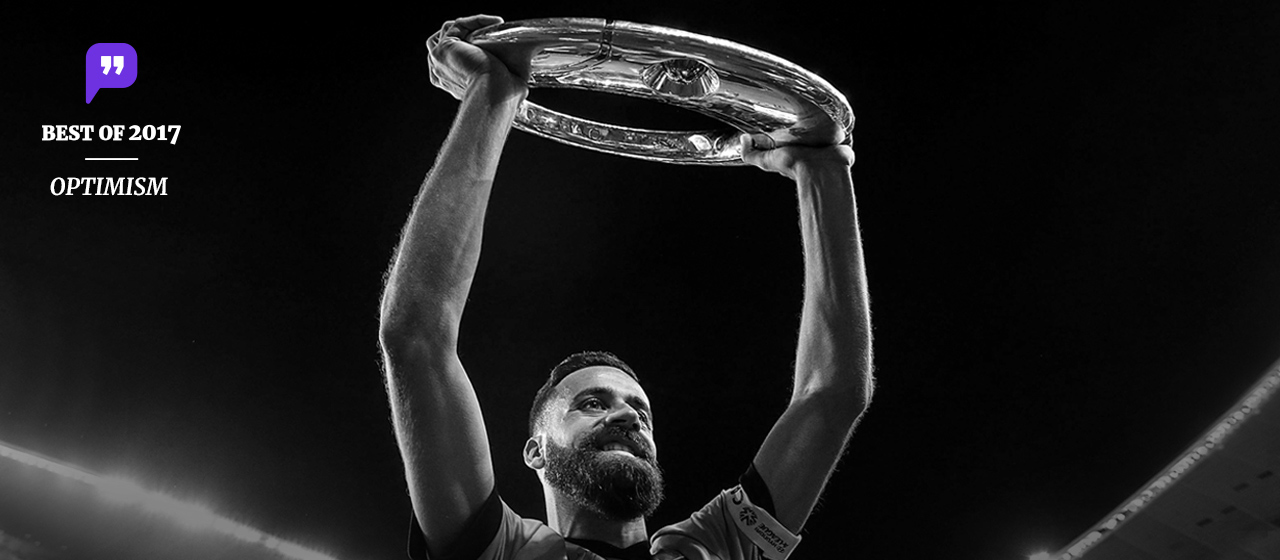
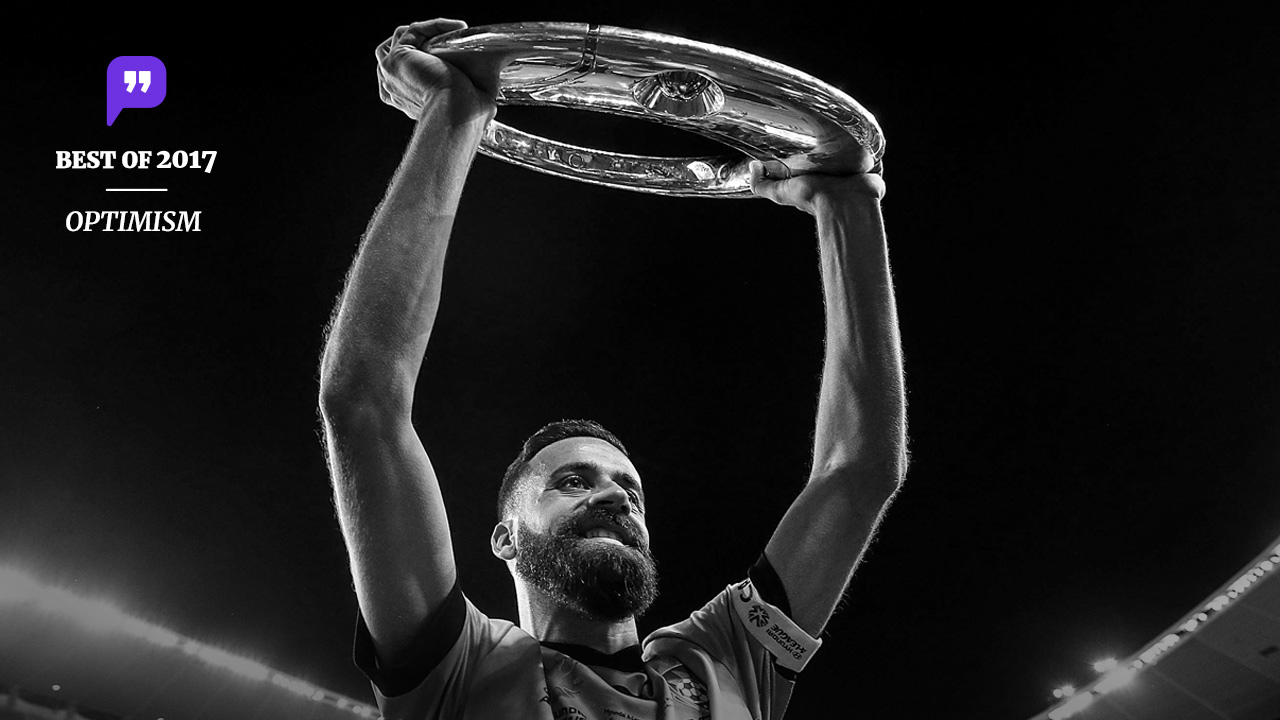
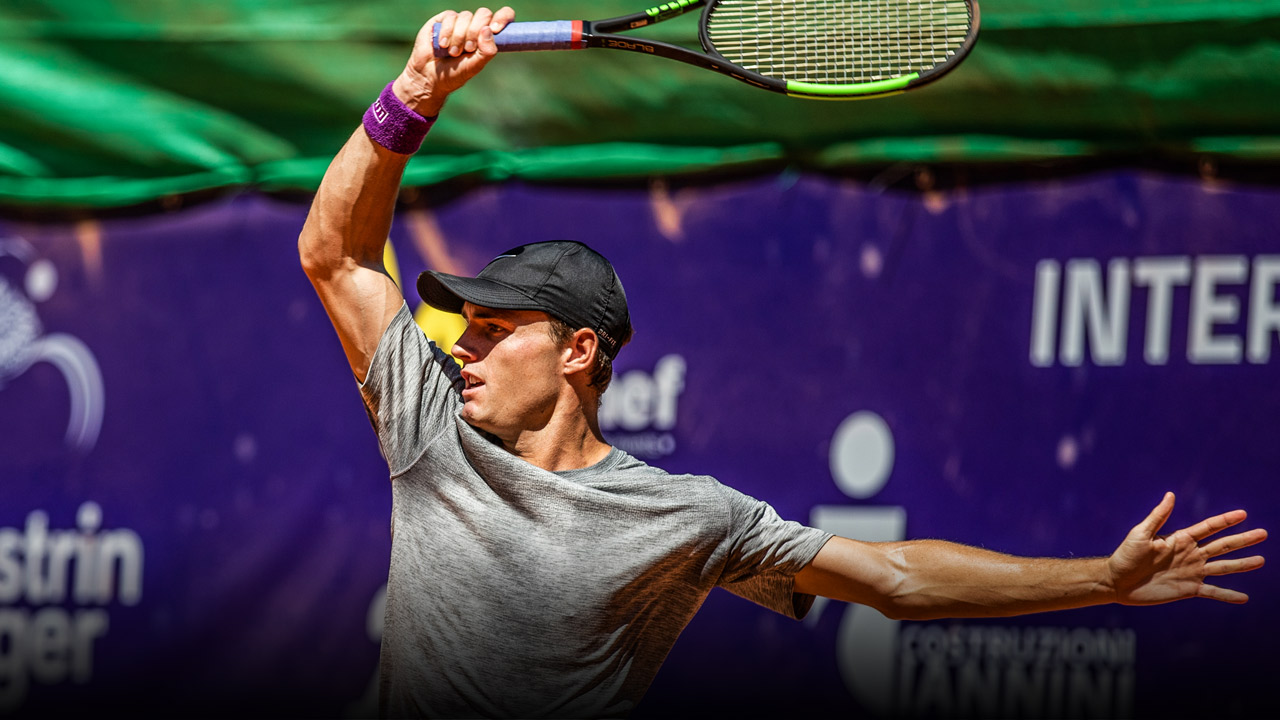
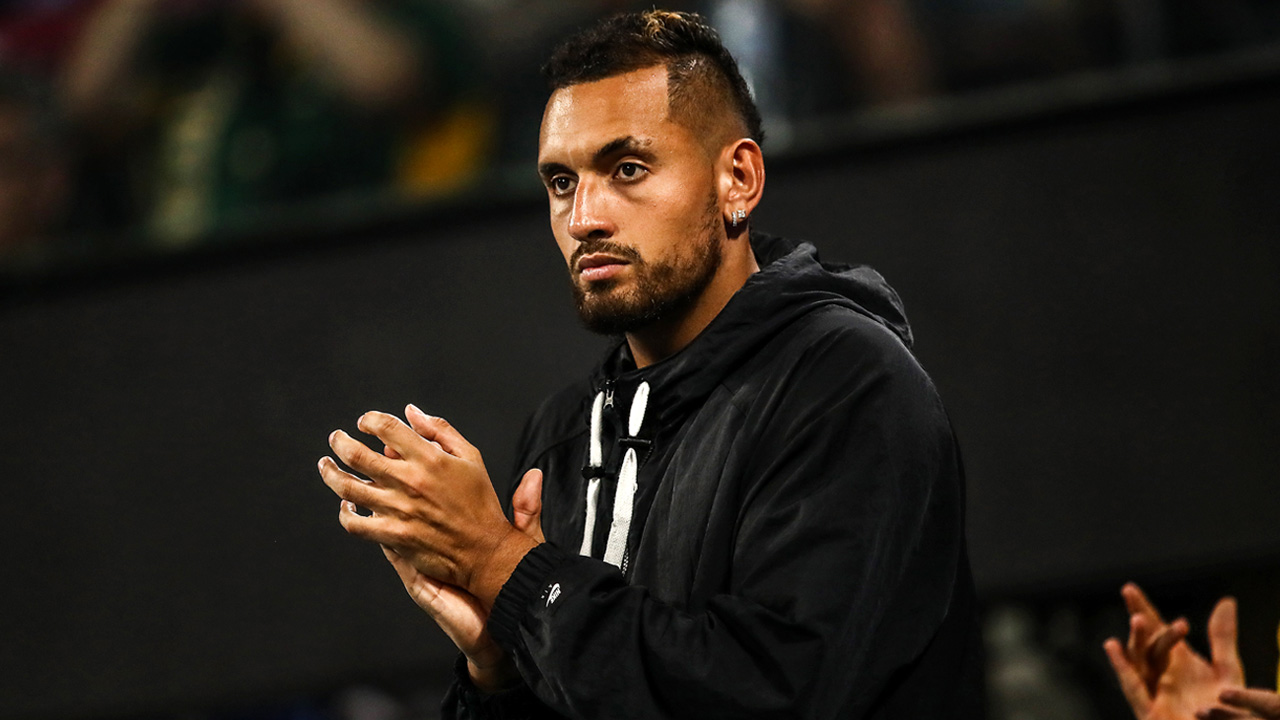
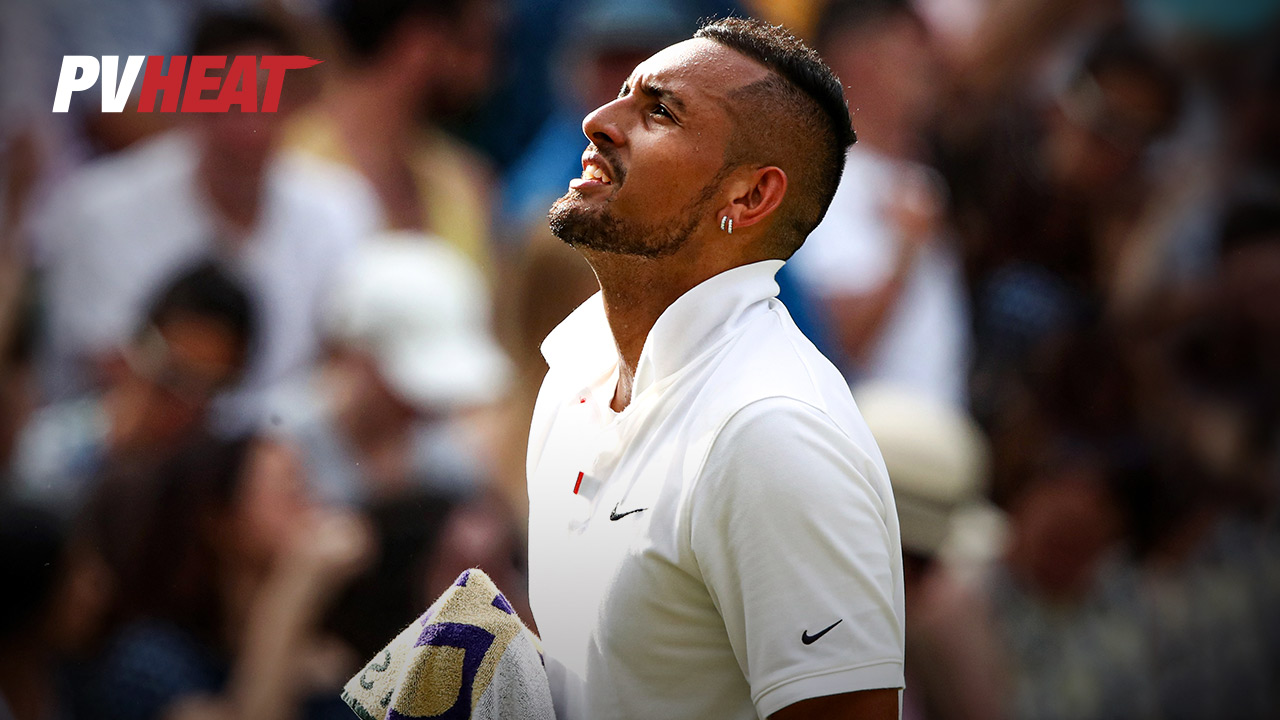
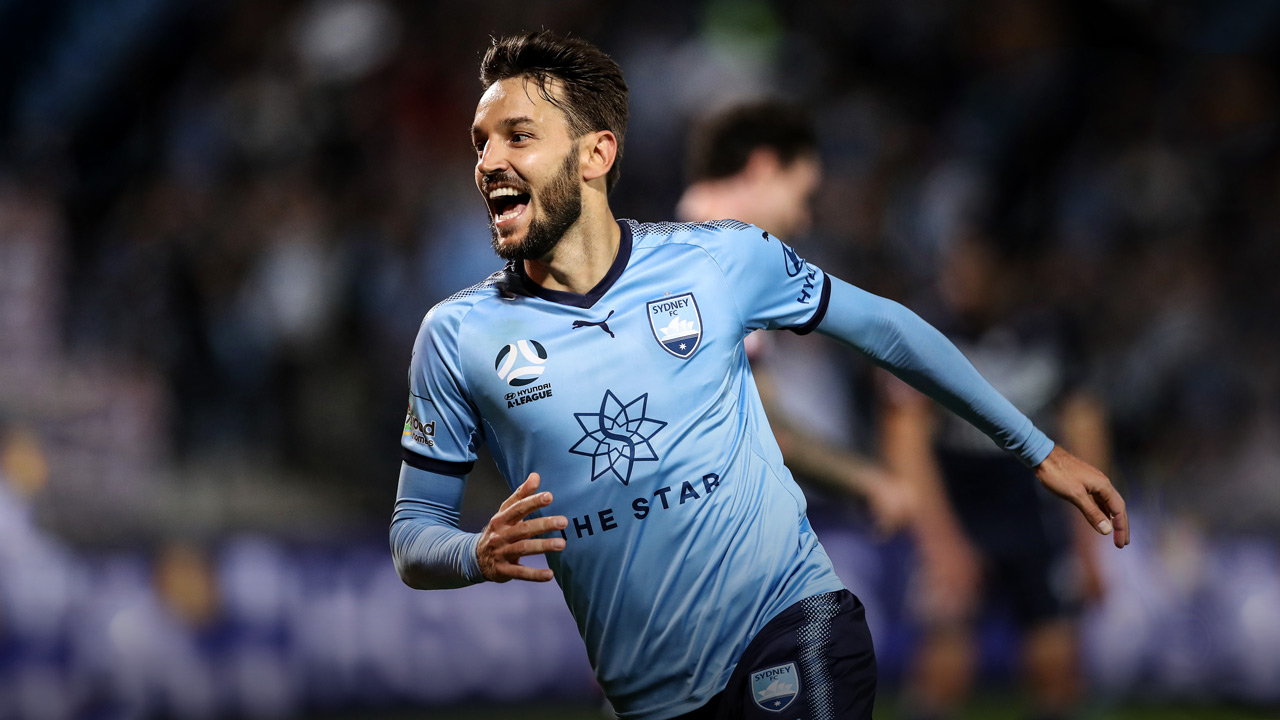
 Load More
Load More